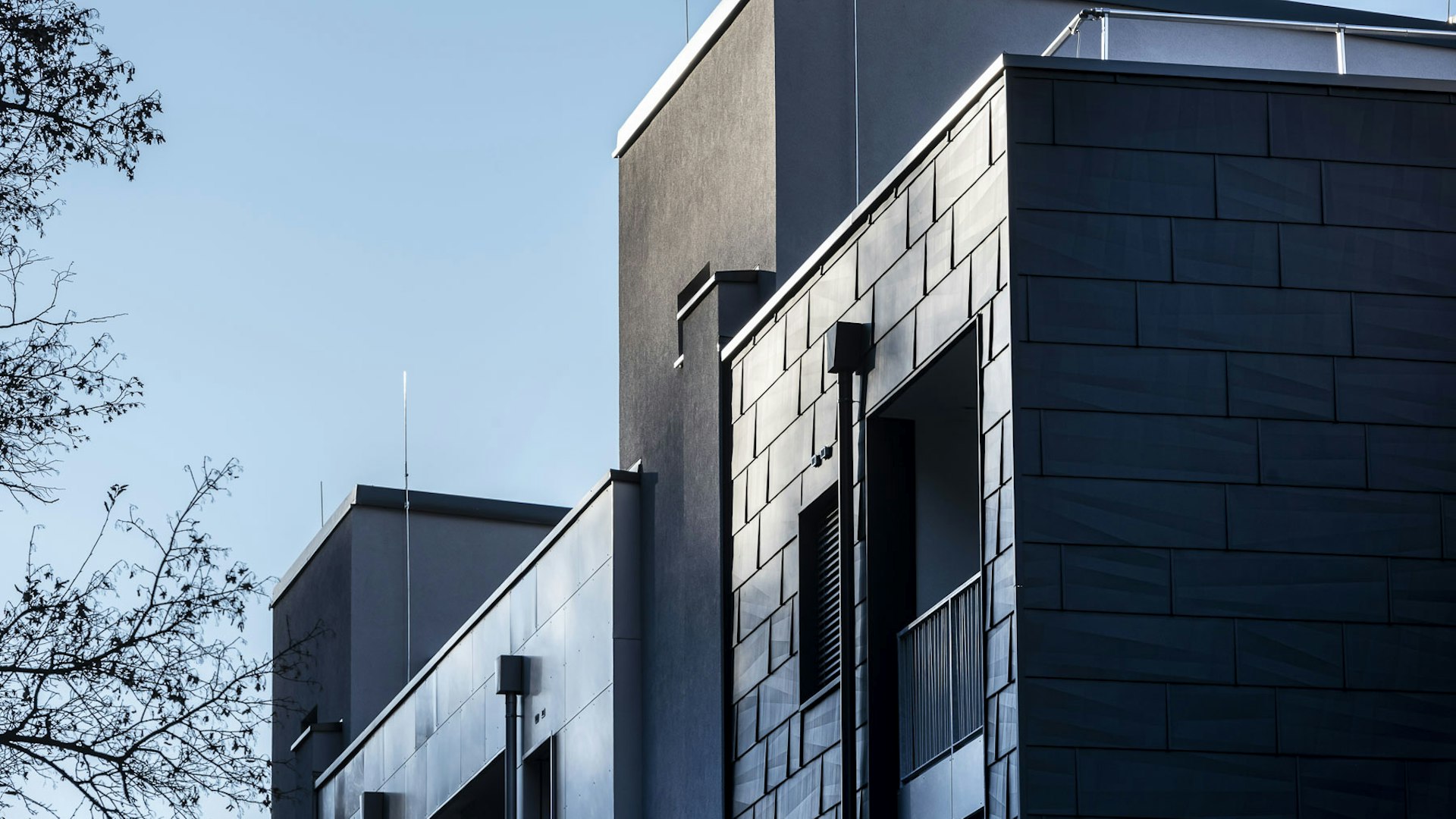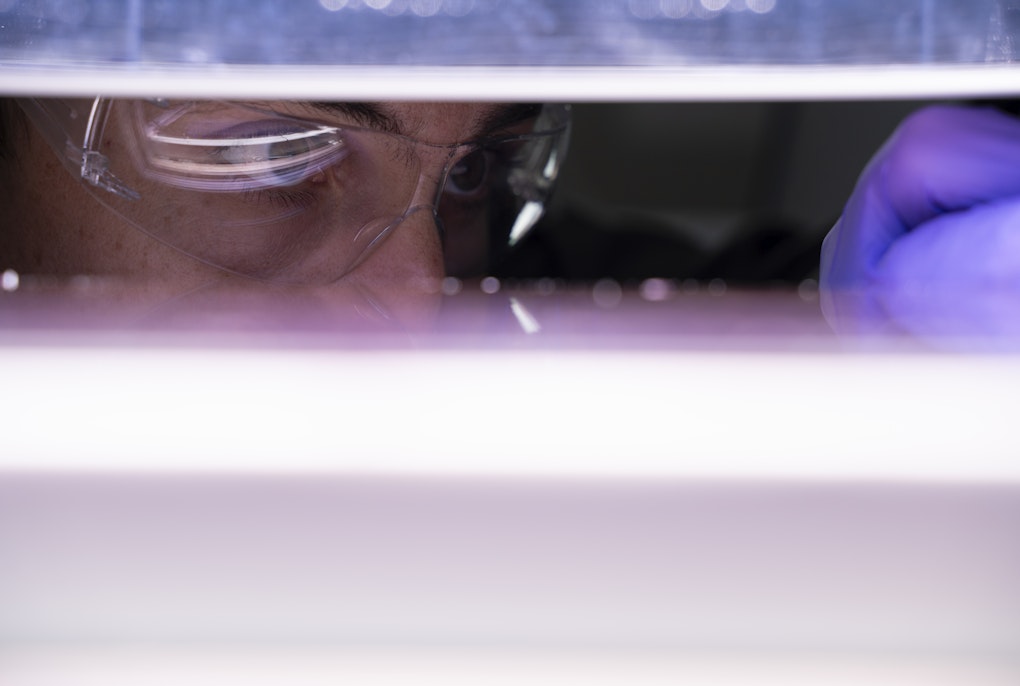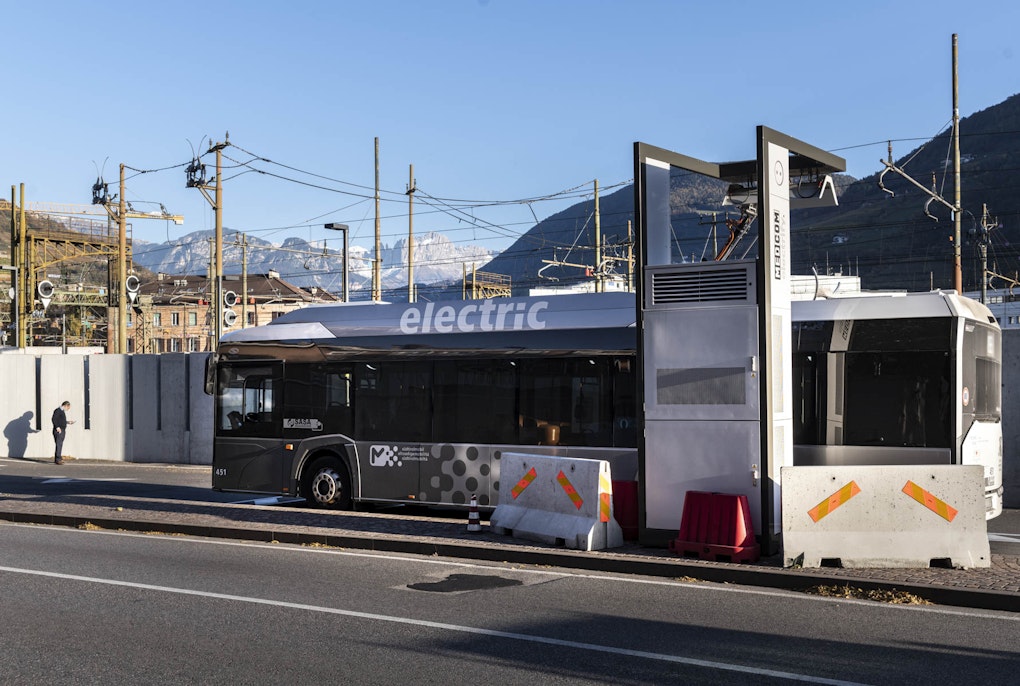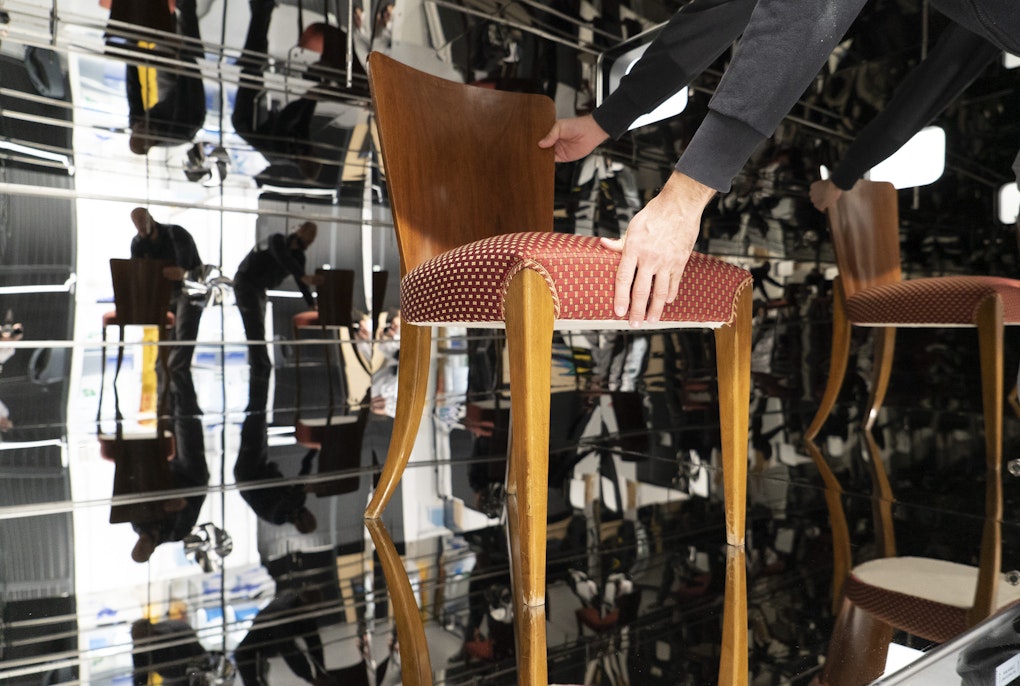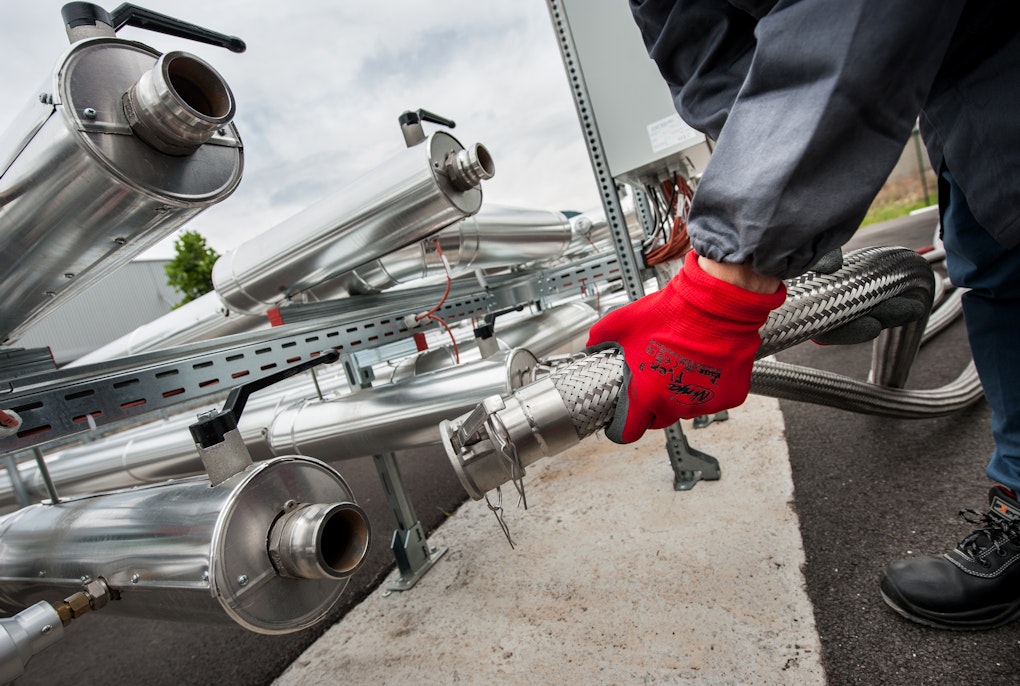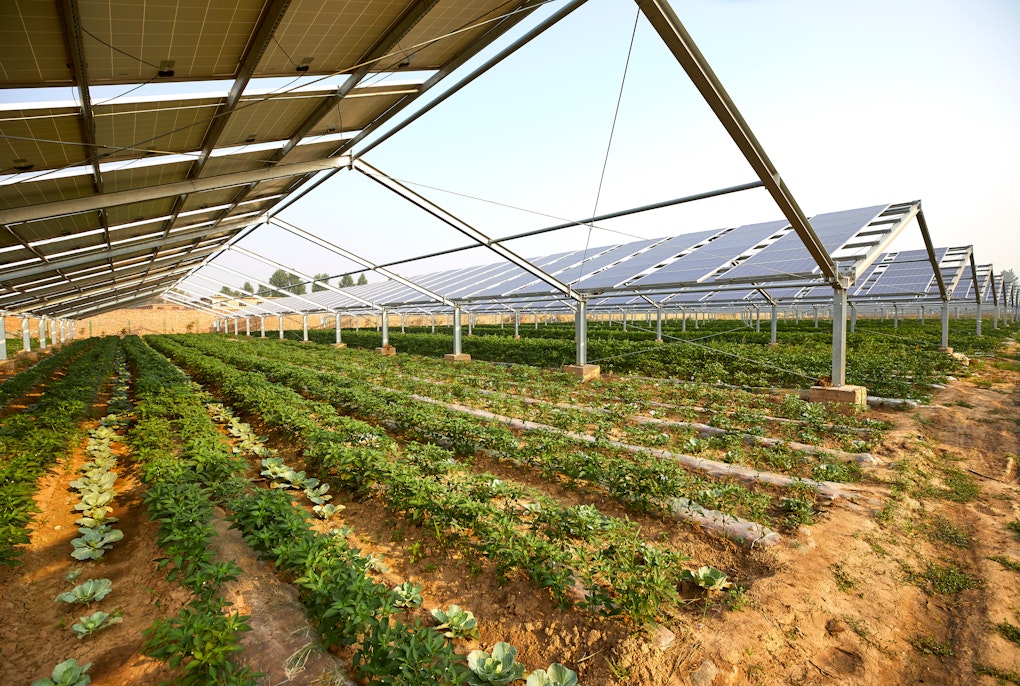magazine_ Article
Old but sustainable: buildings of the future or a utopian ideal?
Renovations struggling to get off the ground and some positive signs
Via Passeggiata dei Castani - Bolzano/Bozen
Photo: Ivo Corrà | Eurac Research
The rate of renovation of European buildings has been stuck at one per cent for years, yet energy efficiency has been a key point in every European climate strategy for a decade now. In a sector until now characterised by its lack of impetus, research has become vital in propelling technological innovation.
Every year, on average, only one in a hundred of Europe’s existing buildings can count on new insulation and installations. A rather paltry figure when one considers that for the past ten years the European 2020 strategy has been advocating a 20 per cent increase in energy efficiency. Today, the European Union has put forward significant funding to support collaboration between research and business, and owners can now begin to count on national incentives and new financing models for renovations. However, for the sector to benefit, the construction sector will need to undergo a radical transformation, at all levels - from the mentality of those commissioning renovations to the approach of those designing and managing them as well as the manner in which the works are undertaken on-site.
Renovation sites - status quo and prospective goals
"Little has changed on Italian renovation sites over the last few decades: each company does its own thing and work often risks being poorly integrated. Prefabricated products are not commonly used, and a lot of the work is done on site, at great expense in terms of time and money. Due to this, partial renovations, which only address solving aspects of a building's problems and which often require further work after a few years, are often chosen. By contrast, deep renovation is based on a systemic approach that involves sharing interdisciplinary expertise at all stages of intervention," explains Stefano Avesani, Eurac Research engineer and envelope systems for buildings expert. Today, thanks to research efforts, changes are on the horizon. In South Tyrol, researchers and companies have been studying prefabricated façade systems for years in order to facilitate renovations and improve their quality. In 2012, a European project in which Eurac Research experts developed the first prototypes of multifunctional prefabricated envelopes was initiated. The use of these technologies is not limited to insulation: envelope systems can accommodate ventilation, solar and other technologies. The prototypes were tested in laboratories at the NOI Techpark in Bolzano and then installed in several pilot buildings across Europe. The optimisation of the prefabricated envelope has continued over the ensuing years and was recently used in the massive renovation of a large social housing complex in Bolzano.
The initiative is paying off, a few weeks ago, Eurac Research renewable energy experts began a collaboration with the South Tyrolean company Rubner to confront the challenges of using this type of technology on a large scale. The new European project – INFINITE, aims to industrialise the production of a prefabricated wooden façade that can integrate ventilation devices, smart windows, solar systems and even green envelopes and will also analyse the optimal degree of prefabrication for effective on-site installation.
A digital approach to renovation design and management
The focus on industrialisation is only one part of the project coordinated by Eurac Research: a European consortium of 19 partners will also work on a 360° concept for the façade, addressing not only the functionality of the product but also enabling sustainable production and disposal as well as extending product life cycle and consequently the life of the renovated building. Experts aim to integrate these assessments with current design systems, another important step in modernising the construction sector. “We are working in this direction because designers should have a digital infrastructure that collects data and analyses and encourages synergy among the professionals involved at their disposal," explains Avesani. "This would save time and resources and make it easier to adopt innovative technologies in renovations. "
Buildings renovated each year in Europe
1%
Standard renovations
0,25%
Deep renovations
A change of mentality, beneficial for external and internal environments
Industrialisation and digitalised design frameworks are certainly key points in the transformation of construction. But the most radical intervention capable of encouraging an increase in deep renovations is a general change of mentality among all the players in the sector. "Only deep renovations can make a decisive contribution to decarbonisation, and today they account for only a fifth of total renovations. Superficial or isolated works alone are not enough and everyone in the sector should be more aware of this. Renovating means aiming to reduce consumption, but not only that. In the end, paying careful attention to sustainability over time will have little negative impact on the environment around us and can improve quality of life inside the buildings themselves," continues Avesani. Looking to the future, the positive aspect is that today there are more and more projects that, in addition to working on the development of technologies, aim to involve the supply chain with training, networking and other initiatives. "The potential of projects like INFINITE is to show that working differently is not only possible but will also pave the way to the best future we can build together," concludes Avesani.
Stefano Avesani
Stefano Avesani is a senior researcher at Eurac Research. He divides his time between Verona and Bolzano to work on energy efficiency and comfort in buildings with a particular focus on building envelope systems. He is the coordinator of the H2020 European project INFINITE.
The INFINITE project is funded by the European Union's Horizon 2020 research and innovation programme (Grant Agreement n.958397). This article reflects the views of the author only. The European Commission is not responsible for any use that may be made of the information contained therein.
